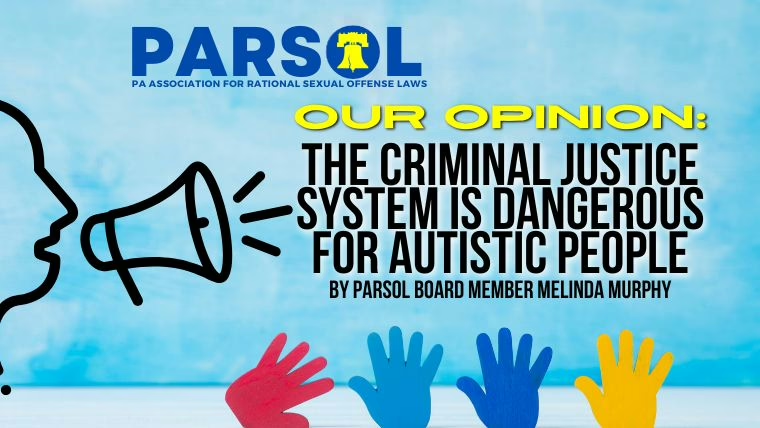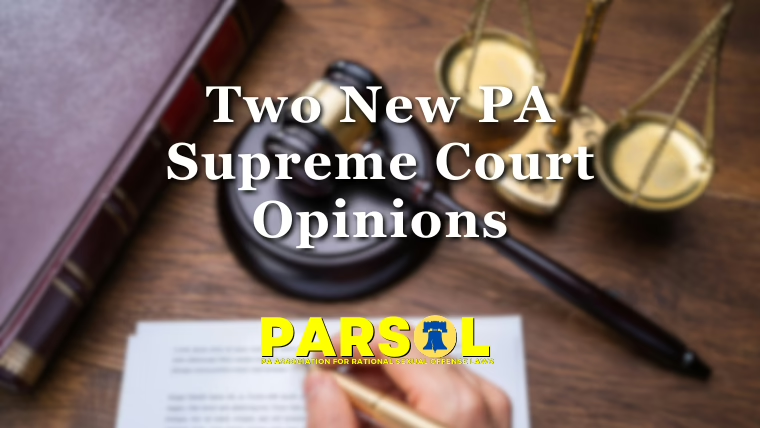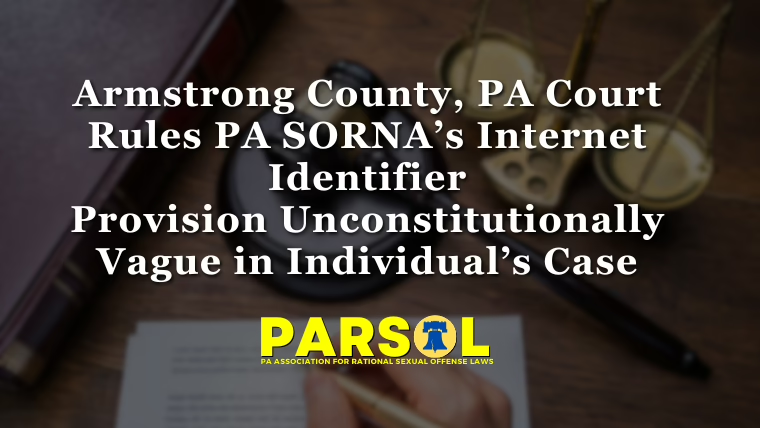Mr. Robert Roberson was wrongfully convicted in 2003 of murdering his 2 year old daughter, convicted on the basis of “junk science,” but arrested because of the way he acted. His “flat affect” — meaning he didn’t show his emotions — while in the emergency room with her raised the suspicions of hospital staff, leading to his arrest.
“His attorneys have pointed to statements medical providers and local law enforcement made about his non-typical expressions as signs of bias” against him, the Texas Tribune reported. The Innocence Project noted that hospital staff “viewed his inability to explain Nikki’s condition as a sign that he must be lying.”
Mr. Roberson is autistic. He remains on death row in Texas.
Experiencing horrors
Most Americans will not be aware of the number of autistic individuals being incarcerated here in our country.
An estimated 4% of American inmates are autistic, and this figure may be as high as 18%. I think the number could be even higher, as many people go undiagnosed and very few prisons screen for autism during the intake process.
Sadly, Mr. Roberson’s experience is not an isolated incident of the horrors autistic people are experiencing at the hands of the criminal legal system.
In 2023, Isaiah Trammell, an autistic teen, died after ten hours in the custody of an Ohio jail. Isaiah pleaded for his medication, a blanket (because he couldn’t sleep on concrete) and a phone call to his mother, and repeatedly banged his head into the wall — a form of “stimming” — as he tried to cope with the trauma of what was happening to him.
He was twice strapped into a restraint chair, which only made things worse. He died of blunt force trauma to the brain.
From arrest to the courtroom, the fact that an individual has autism is rarely considered.
Social errors, not crimes
To further compound this issue, a significant proportion of incarcerated, autistic individuals have been convicted of crimes of a sexual nature. “Mens rea” or “guilty mind” is the entire basis of criminal law in our country. It is the mental state of an individual required to establish criminal responsibility.
Individuals on the spectrum are being convicted of crimes without having the culpability required for criminal conviction. They are making social errors, a manifestation of their disability. In some cases, their only crime is being autistic.
These unjust convictions come with long-lasting repercussions. These individuals will be people forced to register as sex offenders, a horrible societal stigma for everyone with this requirement, but even more so for this population.
As bleak as these situations are for autistic people entangled in the criminal legal system, there is still a glimmer of hope.
The Commonwealth of Virginia is making tremendous strides with passing several legislative bills addressing this dire issue.
From requiring the Department of Education to establish guidelines for age- appropriate sex education to be included in the IEP (individualized educational program), to deferred depositions, diversion programs and dismissal of some criminal cases when a defendant is on the spectrum. The state of Maryland just introduced very similar bills to their legislative body this year.
Pennsylvania must enact legislation that would create diversion programs to community-based resources and therapy in lieu of incarceration for autistic individuals.
This not only makes ethical sense, but it can be a cost savings to the Commonwealth, where the annual Department of Corrections budget is $3.3 billion.
Stigmatizing the at risk
Involvement in the criminal legal system further stigmatizes an already at-risk population as well as disqualifying them from disability appropriate benefits. In a world that was already difficult for them to navigate, criminal legal system involvement exponentially amplifies that difficulty.
I believe that as a society we can do better than locking up the most vulnerable members of our communities.
PARSOL Board Member Melinda Murphy is the mother of an autistic, incarcerated son.




